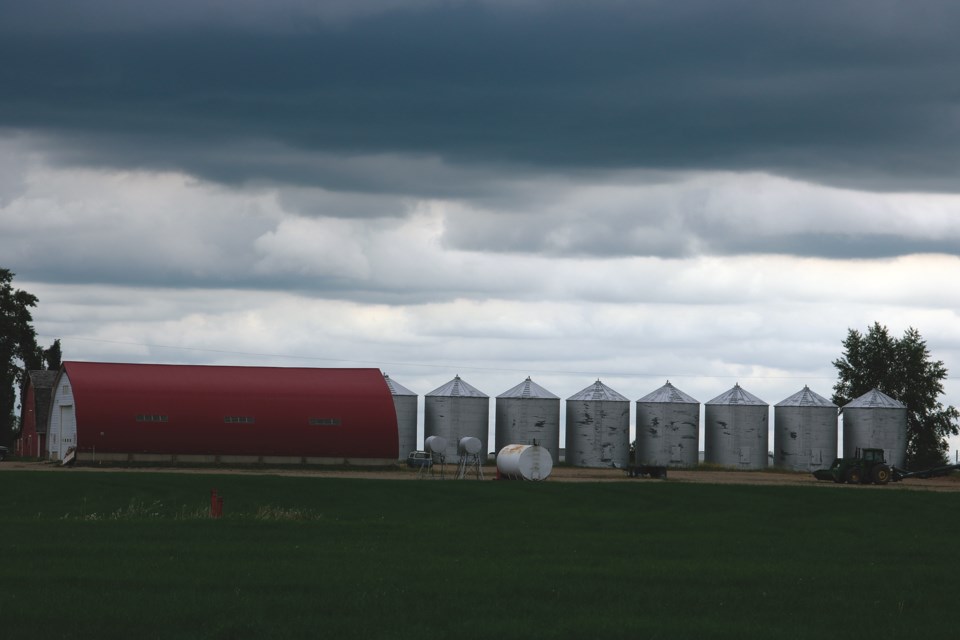The Alberta government recommends farms and ranches adjust to new changes and implement workplace protocols to reduce the ongoing threat of COVID-19.
"The biggest thing that farmers have to do is a risk assessment and hazard assessment of their farms in terms of their procedures and tasks their workers are doing," said Kenda Lubeck, a farm safety co-ordinator with Alberta Agriculture and Forestry.
Following the assessments, Lubeck recommends farmers create an exposure control plan that identifies specific health hazards on the farm and outlines responsibilities and risks related to the operation.
Farms that have multiple people working together should look at hygiene practices, how workers gather for meetings, health verification of workers and visitors coming-and-going from the farm, she added, as well as protocols for what to do if a worker isn't feeling well.
Other measures Lubeck recommends farms implement include setting up barriers and partitions, establishing policies for physical distancing, handwashing procedures and respiratory etiquette, limiting hours of operations and the distribution of personal protective equipment (PPE).
"It's really not that different than any other type of industry," she said. "It's just dependent on their particular operation."
Long-Run Ranch Beef, a family-operated ranch located three kilometres west of Crossfield, doesn't have anyone outside their family working on their ranch, according to Amy Taks, an owner and operator of the company. As a result, they haven't had to adjust their way of doing things.
"Our day-to-day operations haven't changed due to COVID-19," she said. "We work with cattle every day, and when the pandemic hit, we were getting ready to start calving our cows. We spent long days with the cattle...the only difference is we had all three kids in tow."
In situations where it's more than the immediate family working on the farm, such as farms that hire seasonal workers, Lubeck said there is a higher risk of contracting COVID-19. In such cases, she recommends creating cohorts of people who work in close proximity to one another.
"If they have to be in a space where they can't wear masks, they might consider that people who live together and work in close proximity to one another do one task, and keep the others farther [away] doing different tasks," she said.
In instances where it's impossible to maintain physical distancing between groups, she recommends wearing PPE whenever possible, adding that protective equipment should be placed in a pre-planned spot, and that all materials that could have potentially been exposed to COVID-19 should be washed with hot water and soap after being used or worn.
Lubeck said these practices are all suggestions, but the Occupational Health and Safety Act sets a minimum standard for protecting waged and non-family farm and ranch workers.
Kate F. Mackenzie, AirdrieToday.com
Follow me on Twitter @katefmack

